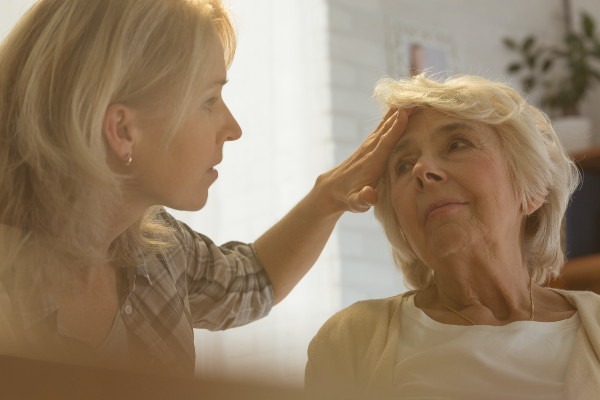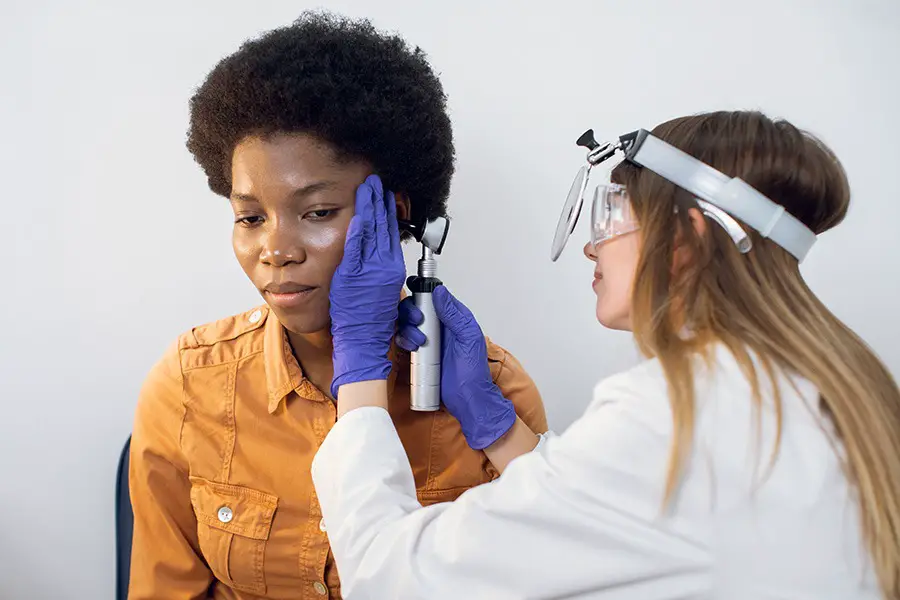Introduction
Navigating the world of sensorineural hearing loss – SNL – is not an isolated journey. The ripples of this condition extend to families, friends, and caregivers, molding life experiences and communities in significant ways. If you are a caregiver or a close confidante of an individual grappling with sensorineural hearing loss, your role is paramount. You are poised to be the advocate, the pillar of support, and often, the educator for others about this medical condition.
As we explore the elaborate landscape of sensorineural hearing loss, we will touch upon various facets such as advocacy, spreading awareness, and the criticality of education. Our journey will encompass activities like championing the cause of hearing health, honoring international commemoration days, understanding the role of media, and reinforcing the necessity of education within school systems. Together, we can empower not only our dear ones but also carve out an empathetic and inclusive society for those living with sensorineural hearing loss.
Spreading Awareness About SNL: Significance and Tactics
Promoting an understanding of SNL is foundational to constructing an all-embracing society. Awareness extends beyond mere dissemination of facts; it embodies empathy, comprehension, and a resolve to usher change. So, how can we successfully kindle awareness?
Let’s consider the example of Sarah who initiated a captivating social media campaign when her father was diagnosed with sensorineural hearing loss. By sharing his journey, the hurdles he encountered, and his path to overcoming them, she connected with people globally. Her posts, laden with inspiration and practical insights, struck a chord with her followers, helping them understand her father’s story better.
Championing Hearing Health: Making a Difference in SNL
Advocacy is an integral component of raising awareness. It encompasses proactive endeavors to bring about change, such as lobbying for policy alterations, advocating for enhanced accessibility, and safeguarding the rights of individuals with sensorineural hearing loss.
Consider the case of Mark, who became an advocate when his daughter was diagnosed with SNL. Besides aiding her in adapting to her new reality, Mark also lobbied for better facilities in public spaces for individuals with hearing loss. His endeavors brought about significant improvements within his community, underscoring how one person’s determination can indeed spark substantial changes.
Recognizing International Days for Sensorineural Hearing Loss
Observing international days of recognition serves as an effective tool to highlight the issue of SNL. For instance, World Hearing Day, celebrated annually on March 3rd, galvanizes global action for hearing healthcare. These special days serve as focal points for the community, rallying support and attention from people around the globe. Let’s consider the example of Paula, an Australian schoolteacher who seized World Hearing Day as an opportunity to spotlight her sensorineural hearing-impaired students’ needs. By organizing an inclusive event at her school, she not only raised awareness among her students but also stimulated a broader discussion on hearing health within her community.
Media’s Role in Influencing Perceptions of Sensorineural Hearing Loss
Media wields significant power in shaping societal attitudes, including the perceptions surrounding SNL. Various forms of media, including movies, TV shows, news broadcasts, and digital platforms, can shape society’s understanding and interactions with those living with this condition. Positive representation can dispel prevailing myths, mitigate stigma, and foster understanding.
An excellent example is the movie “Sound of Metal,” which spotlights sensorineural hearing loss. The film provides viewers with an intimate glimpse into the life of a drummer grappling with sudden hearing loss, thereby promoting broader understanding and empathy, fostering a more inclusive society.
Societal Impact of SNL on Adolescents
Teenage years, marked by a search for identity, acceptance, and a sense of belonging, can be particularly challenging for those with sensorineural hearing loss due to potential social isolation. Therefore, it’s vital to understand and address the societal implications of sensorineural hearing loss within this demographic.
Consider the case of Lucy, a high school student with sensorineural hearing loss. She experienced difficulties in social engagement and academic involvement due to her hearing loss. In response, her school implemented an inclusive education program, provided assistive technology, and adopted captioned materials, fostering a more understanding school culture. Lucy’s story underscores the importance of understanding the unique challenges that adolescents with sensorineural hearing loss face.
Fostering Sensorineural Hearing Loss Education in Schools
Education stands as a potent tool for catalyzing lasting change. Integrating information about sensorineural hearing loss into school curricula can foster an understanding of the condition from an early age. This inclusion helps students empathize with their peers with SNL, paving the way for a more inclusive environment.
A noteworthy initiative was taken by a school district in Seattle, where a module on sensorineural hearing loss was integrated into their science and health curriculum. This initiative enabled students to better comprehend their peers with hearing loss, fostering an environment of mutual respect and understanding.
Conclusion
Living with SNL is a journey of resilience and hope, of learning to navigate the world through different lenses, and deriving strength from community and support structures. As caregivers, advocates, and allies, we can play a vital role in fostering an environment of understanding and inclusion.
The actions of individuals like Sarah, who raises awareness through her social media campaign, or Mark, with his advocacy efforts, can bring about palpable change in policy and accessibility. The observance of international days of recognition, as shown by Paula, can mobilize communities and generate broader support.
Media, as exemplified by the impactful film “Sound of Metal”, can reshape perceptions and reduce stigma. As the Seattle school district demonstrates, education about sensorineural hearing loss within schools can foster understanding and inclusion from a young age.
Our collective efforts are more than mere support; they serve as a guiding beacon leading society towards a more understanding, empathetic, and inclusive future. Together, we can ensure that those with sensorineural hearing loss are acknowledged, understood, and lauded for their resilience and strength.

Decoding Silence: An Analytical View on the Advances in Conductive Hearing Loss Research and Treatment
This analytical article sheds light on conductive hearing loss, offering an in-depth exploration of its genetic factors, treatment advances, and promising experimental therapies.

Embracing the Melody of Life: Navigating the Journey with Conductive Hearing Loss
A blog post delving into the experiences and challenges of living with conductive hearing loss, discussing its impact on everyday life, social interactions, mental health, and the potential benefits of hearing aids and cochlear implants.





